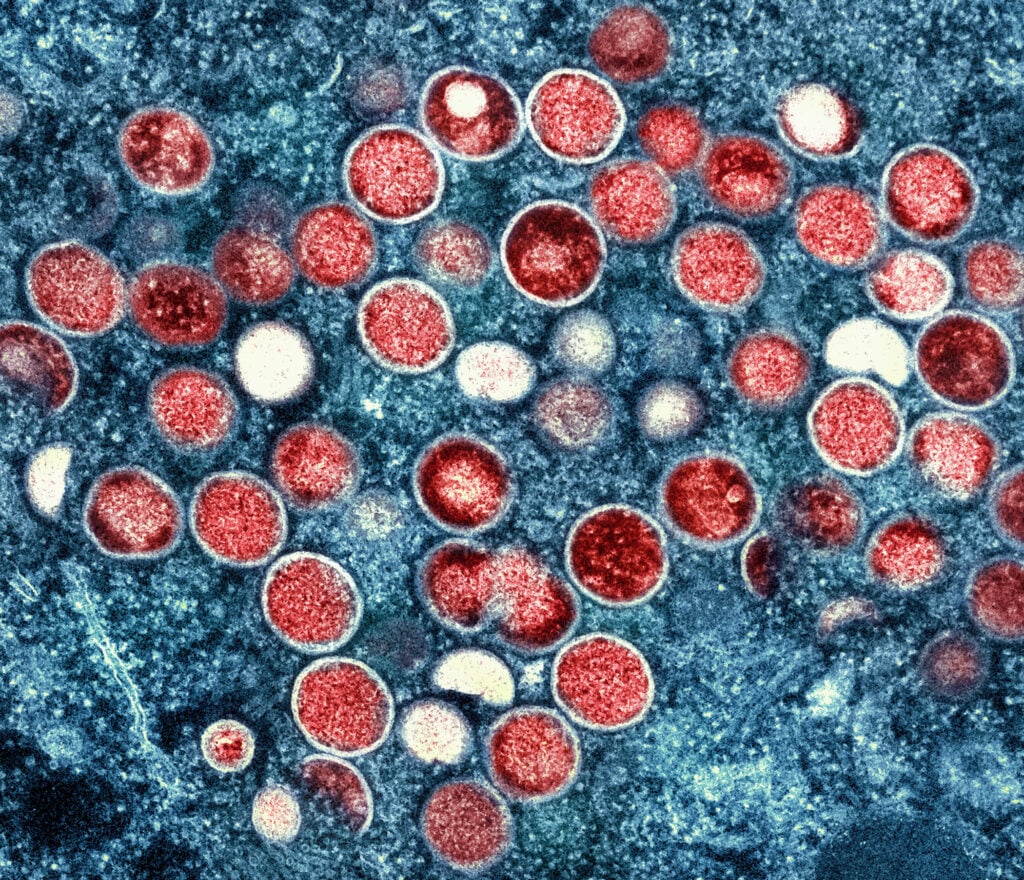This Tuesday, the situation with monkeypox (monkeypox) in Brazil was classified as “very worrying” in Brazil by the World Health Organization (WHO) during a virtual press conference. Just four days earlier, on Saturday (23), the organization had issued a global warning about the increase in infected people.
ADVERTISING
The WHO has declared the current endemic situation as a global public health emergency. The classification was made based on a unanimous decision by the agency's Emergency Committee.
The WHO technical leader on the subject, Rosamund Lewis, stated that countries like Brazil, with a large territorial extension and a high number of inhabitants, require more attention, mainly due to the possibility of underreporting and insufficient testing for the disease.
Despite the warnings, the entity and the medical community draws attention to the need for prevention and states that There are ways to control the spread of the virus. vaccination against the agent It is already available in some countries, but there are still no plans for its arrival in Brazil.
ADVERTISING
Read more about the disease:
WHO guide answers what you need to know about monkeypox
Ministry of Health clarifies main doubts about monkeypox
Number of infections in the country
According to data from the Ministry of Health, until July 27th, at least 813 people in the Federal District and 13 different states in Brazil had already been infected by the virus. Worldwide, cases are 19.188, according to the CDC, North American Center for Control and Prevention.
Check the current distribution of cases in Brazil:

Curto Curatorship
- Monkeypox: It's Not Their Fault! (Polygon, Core)
Read more at: https://saude.abril.com.br/medicina/de-variola-dos-macacos-a-covid-19-vivemos-a-era-das-pandemias/
(Feature photo: Flickr/ National Institute of Allergy and Infectious Diseases NIAID)
ADVERTISING



